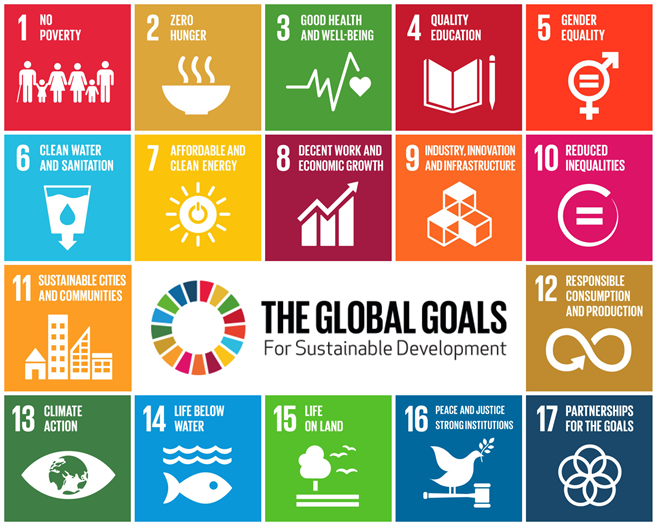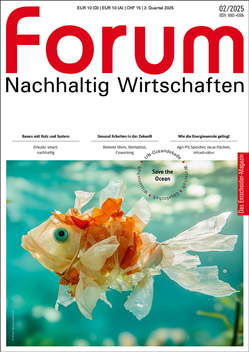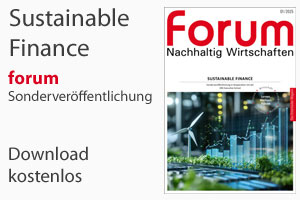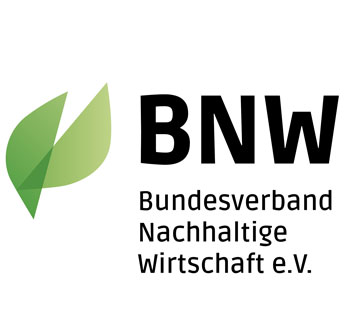Where is sustainable development headed?
The idea of the most wide-ranging poverty alleviation and sustainability agenda ever
Traditional assumptions about how to deliver development are being challenged as the world strives to implement its most wide-ranging poverty alleviation and sustainability agenda ever, according to senior figures from the globe’s financial and trade institutions.
 The global goals. © UNCTAD
The global goals. © UNCTADThe session came on the heels of an annual high-level political forum at the UN headquarters where the international community assesses progress in implementing the 2030 Agenda for Sustainable Development – and the 17 Sustainable Development Goals (SDGs) at its core.
The challenges are vast, said Liu Zhenmin, UN Under-Secretary-General for Economic and Social Affairs.
"We must alert world leaders on the future scenarios,” he said, warning about projections that the SDGs, adopted in 2015, may not be met even by mid-century.
Alarming scenario
Mr. Liu underscored that the world’s population will continue to grow, and that most of this growth will be in urban areas. There will be additional 2.8 billion people living in cities, requiring another 400 mega-cities to be built.
Among other things, he said universal primary education would mostly have been achieved by 2050 and a global middle-class will emerge on islands in a sea of abject poverty. Water stress will increase. Past trends in pollution will continue, leading to an increase in pollution-related diseases.
Challenges to the multilateral system pose a parallel risk to the gains of growth, while economic growth also comes with an environmental cost, he warned.
As a result, Mr. Liu said, incremental changes will not do. The SDGs require governments to embrace innovation and take transformative actions.
"This alarming scenario should not be ignored, and we must work with global leaders,” he said.
For Dr. Kituyi, the assumption that investment in SDG-related sectors would underpin the goals’ implementation has proved "optimistic” as the globalized economy changes fast.
"The traditional expectation that countries could trade themselves out of poverty, like China, by joining global value chains is being challenged as value chains get shorter,” he said.
He also called for a renewed focus on sovereign debt workout mechanisms because, as the International Monetary Fund has indicated, "debt is again threatening to become a problem”.
Trade war drums
Alicia Bárcena, Executive Secretary of the UN Economic Commission for Latin America and the Caribbean (ECLAC), said she was also concerned about financing for the SDGs.
"The trillions needed are not met either by billions of private-sector investment in the SDGs or the billions of official development assistance,” she said.
"Remittances go to households, increasing consumption. In my region have countries caught in the middle-income trap,” she said, and financing their development was a balancing act. Illicit financial flows and tax evasion were also a significant issue.
Current sharp debates about trade – and the dampened enthusiasm about world growth rates – are not helping.
"Trade has been one of the most challenging areas of our work,” Dr. Kituyi said.
"The rising noise of the drums of trade wars is making everyone anxious," he warned, adding that "the new normal, apparently, means that multilateralism, which we took for granted since Uruguay, has been struck off."
The 1986–1993 Uruguay Round of international trade talks paved the way for the birth of the World Trade Organization in 1995.
Winners and losers
Panellists were asked by session moderator Michael Shank, communications director of the Carbon Neutral Cities Alliance and Urban Sustainability Directors Network, how to calm the trade rhetoric.
"Simply freeing markets in goods and services was not a panacea, and trade is becoming a focus for other political problems,” said Dr. Kituyi.
"Look at the fisheries subsidies agreement waiting to be signed in the WTO. Only political will is missing from signing it. The international community should engage with the private sector, as UNCTAD has done with Alibaba,” he said, referring to his organization’s developing country-focused partnership with the China-based e-commerce giant.
For Ms. Bárcena, "We need to understand the tensions between the winners and losers of globalization. Many of (US President Donald J.) Trump’s ideas – bringing back jobs, protecting industries and technologies – are in fact part of what ECLAC has recommended for Latin America.”
No going back
Masamichi Kono, Deputy Secretary-General of the Organisation for Economic Co-operation and Development (OECD) pointed to the changing shape of the world economy.
"Believe it or not, the world economy continues to grow – and its centre of gravity is shifting to the developing world. The global middle class is growing. However, we have found it is not as simple as that because we also discover growing inequalities, both in rich and developing countries. We have to come to terms with this,” he said.
"The lack of inclusive growth is fuelling tensions and testing the multilateral system. We need to re-establish multilateralism to cope with these stresses, because there’s no going back in our interconnectedness.”
The panel also included Bjorn Gillsater, special representative of the World Bank Group to the United Nations; David Robinson, Deputy Director of the International Monetary Fund’s Africa department; and Robert Teh, chief of the World Trade Organization’s economic research and statistics section.
Gesellschaft | Globalisierung, 20.07.2018

Save the Ocean
forum 02/2025 ist erschienen
- Regenerativ
- Coworkation
- Klimadiesel
- Kreislaufwirtschaft
Kaufen...
Abonnieren...
30
APR
2025
APR
2025
Franz Alt: Die Solare Weltrevolution - Aufbruch in eine neue Menschheitsepoche
In der Reihe "Mein Klima… in München"
80331 München und online
In der Reihe "Mein Klima… in München"
80331 München und online
07
MAI
2025
MAI
2025
MakerCamp Genossenschaften 2025
Genossenschaftliche Lösungen in Wirtschaft, Kommunen und Gesellschaft
65189 Wiesbaden
Genossenschaftliche Lösungen in Wirtschaft, Kommunen und Gesellschaft
65189 Wiesbaden
14
MAI
2025
MAI
2025
Klimaschutz im peruanischen Regenwald
Delegierte der Asháninka teilen ihre Perspektiven
80802 München, Seidlvilla
Delegierte der Asháninka teilen ihre Perspektiven
80802 München, Seidlvilla
29
JUN
2025
JUN
2025
Constellations Week 2025 in Südtirol
Inspiration, Klarheit und Empowerment
I-39010 Tisens-Prissian, Südtirol
Inspiration, Klarheit und Empowerment
I-39010 Tisens-Prissian, Südtirol
Professionelle Klimabilanz, einfach selbst gemacht

Einfache Klimabilanzierung und glaubhafte Nachhaltigkeitskommunikation gemäß GHG-Protocol
Politik
 Hat das Instrument der Demonstrationen ausgedient?
Hat das Instrument der Demonstrationen ausgedient?Christoph Quarch betrachtet die Massendemonstrationen in Georgien, Serbien und der Türkei
Jetzt auf forum:
Der Einfluss von Digitalisierung auf nachhaltige Geschäftsmodelle
Wie man die perfekte Wohnung für den Start ins Berufsleben findet
Franziskus - er ruhe in Frieden
Aufruf an alle Bildungsinnovator:innen!
Inspiration, Klarheit und Empowerment
Nachhaltiges Handeln für Region und Ressourceneffizienz
Wir brauchen Religionsführer, die sich für die Schöpfung und den Frieden einsetzen


















